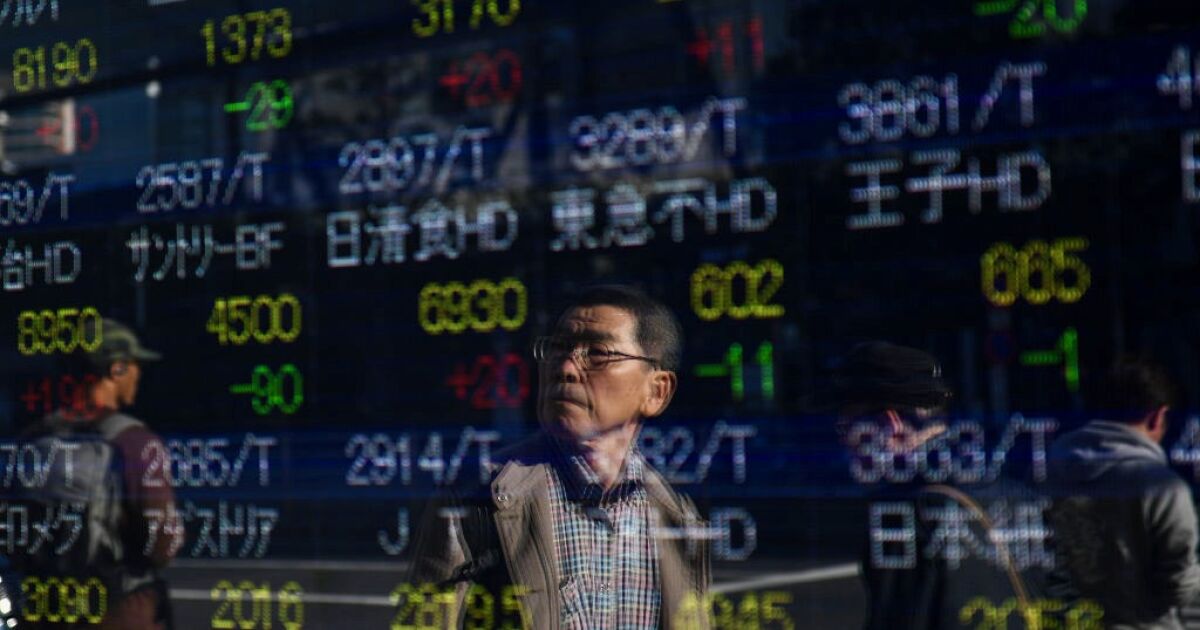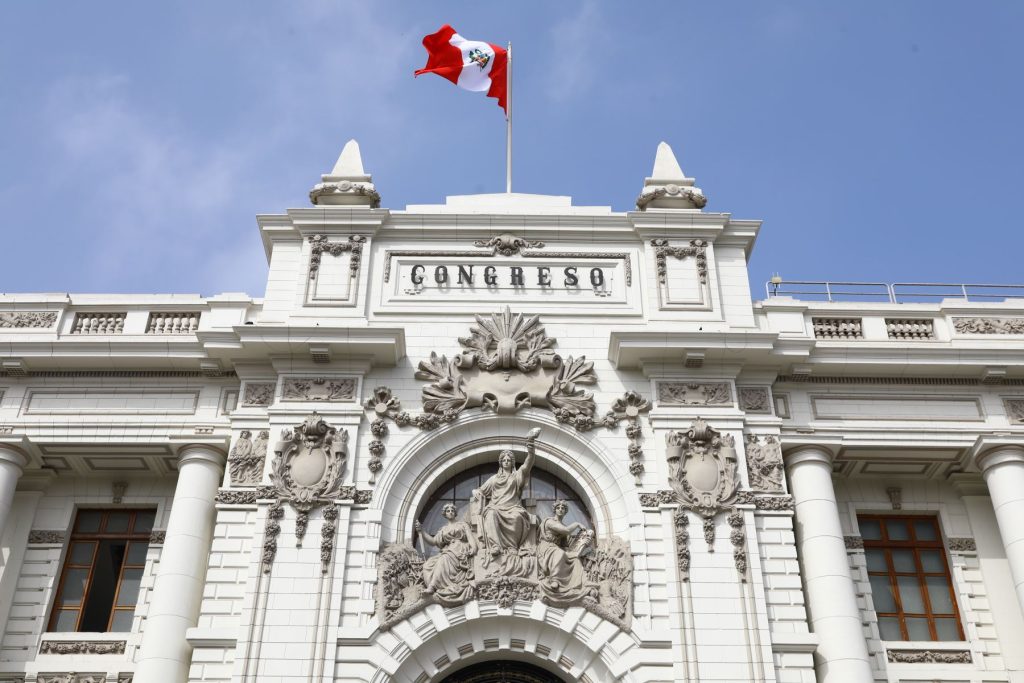In its semi-annual Global Financial Stability Report, the IMF warned that a “broad disconnect” between growing geopolitical uncertainty and low market volatility raises the possibility of a shock similar to the moves seen in August, when a rise in interest rates interest from the Bank of Japan caused massive deleveraging.
The boom in credit and stock markets also appears unaffected by slowing earnings growth and continued deterioration in the most fragile segments of the corporate and commercial real estate sectors, the Washington-based multilateral lender said.
He also warned that while monetary easing by most other major central banks was creating “easy” financial conditions, interest rate cuts could fuel high asset valuations, a global rise in private and government debt and non-bank leverage.
“These increasing vulnerabilities could amplify adverse shocks, which have become more likely due to elevated economic and geopolitical uncertainty amid ongoing military conflicts and the uncertain future policies of newly elected governments,” he wrote.
The report was released as global finance chiefs gather in Washington for the annual meetings of the IMF and World Bank during one of the most geopolitical and economic uncertainties for the world in decades.
In addition to the war in Ukraine and the escalating conflict in the Middle East, half of the world’s population has elected or will elect new governments in 2024, including the United States, the IMF said. In many cases, the plans of those new leaders are unclear, but they will have significant economic consequences.
In particular, economists and Wall Street executives have expressed concern that Republican candidate Donald Trump’s planned import tariff increases could reignite inflation, while his promised tax cuts could widen the U.S. deficit.

















